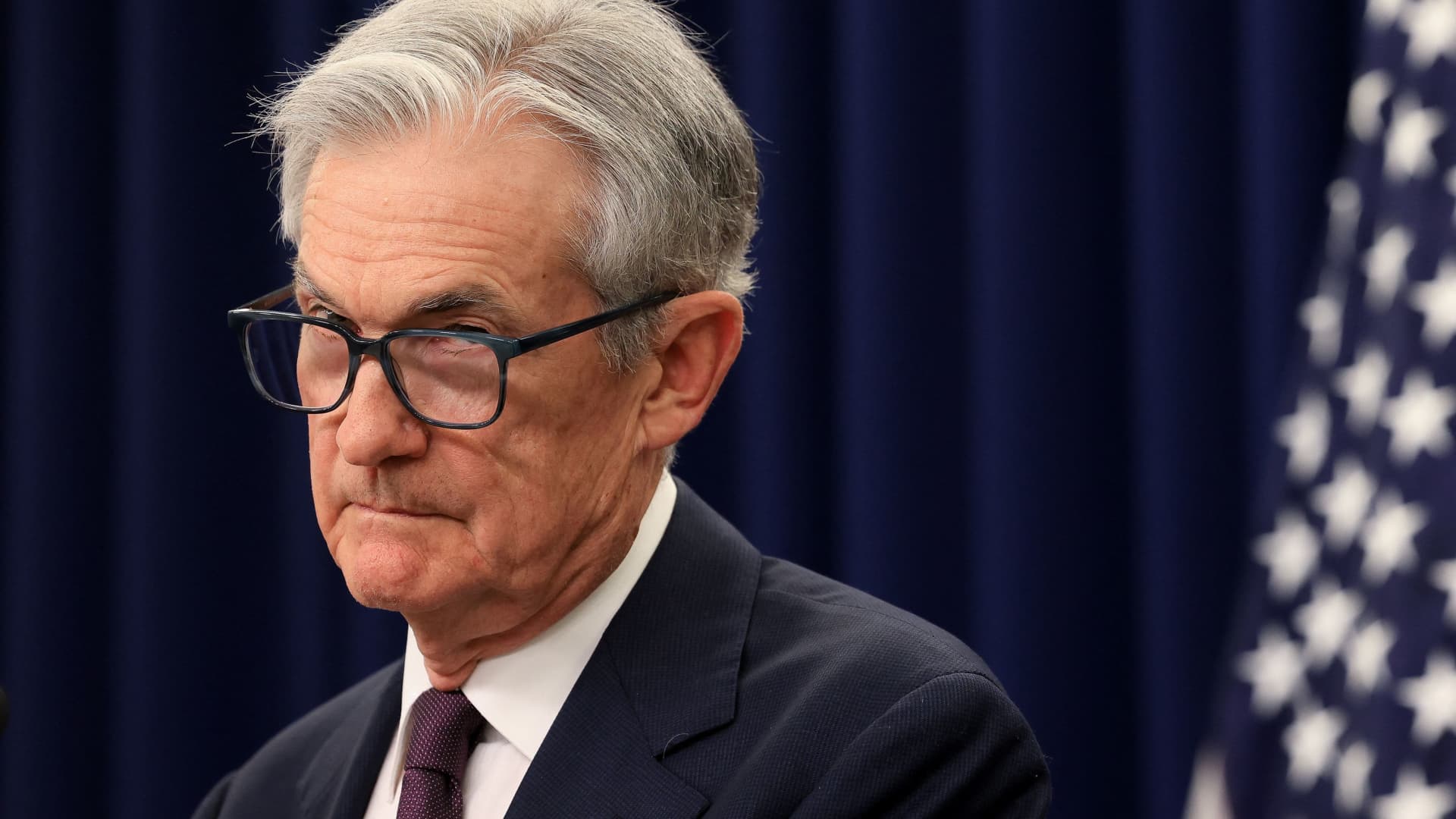Introduction
In the political arena, few relationships have been as contentious and publicly scrutinized as that between former President Donald Trump and Federal Reserve Chair Jerome Powell. The recurring conflict between these two figures has not only shaped the economic narrative of recent years but also raised critical questions about the independence and integrity of the Federal Reserve. This analysis delves into the dynamics of their relationship, the implications of Trump’s persistent criticism, and the broader significance for the future of monetary policy in the United States.
A History of Disagreement: From “Mr. Too-Late” to “Dummy”
The discord between Trump and Powell began shortly after Powell’s appointment in 2018. Initially, Trump had praised Powell, but as the Federal Reserve began raising interest rates, the tone shifted dramatically. Trump’s dissatisfaction manifested in a series of public criticisms, labeling Powell as “Mr. Too-Late” and later escalating to more derogatory terms such as “dummy” and “fool.” These attacks, documented extensively in the media, highlight the intensity of Trump’s frustration with Powell’s policies.
The crux of Trump’s complaints revolves around interest rates. He argues that lower rates would stimulate economic growth, aligning with his administration’s goals and potentially boosting his political standing. Trump frequently cites rate cuts by other central banks as evidence that the Fed should follow suit. However, this perspective overlooks the complexities of monetary policy and the Fed’s mandate to maintain price stability and full employment. The Fed’s decisions are often nuanced and do not align with short-term political objectives, which Trump’s criticisms seem to overlook.
The Recent Outburst: A Pattern of Pressure
The latest surge of criticism from Trump followed the Federal Reserve’s decision to hold interest rates steady for the fourth consecutive time. This decision, anticipated by many economists, triggered a fresh wave of attacks from Trump. He claimed that the Fed’s inaction was costing the United States “hundreds of billions of dollars” and reiterated his belief that Powell is “destructive” and incompetent.
Trump’s criticism did not stop at verbal attacks. He once again suggested that he could do a “much better job” as Fed chair, indicating his conviction that he possesses superior economic understanding. This assertion, while seemingly outlandish, underscores his willingness to disregard the established norms of central bank independence. His claim that “we have no inflation, we have only success” directly contradicts economic data, further fueling his attacks on Powell’s judgment.
Defiance and Independence: The Fed’s Response
Despite the relentless pressure, the Federal Reserve, under Powell’s leadership, has largely maintained its independence. Powell has consistently emphasized the importance of the Fed’s non-political role, stating that the central bank will focus on its dual mandate of price stability and maximum employment, regardless of external pressures.
The Fed’s decision to hold rates steady, despite Trump’s vocal opposition, is a clear demonstration of this commitment to independence. Additionally, Powell has cited the impact of Trump’s own policies, specifically his tariffs, as factors influencing the economic outlook and informing the Fed’s decisions. This subtle pushback underscores the Fed’s willingness to acknowledge the broader economic context, even when it involves criticism of the former president’s actions. The projected path of two rate cuts in 2025, despite the pressure for immediate action, further solidifies this independent stance.
The Implications of a Politicized Federal Reserve
Trump’s ongoing attacks on Powell and the Federal Reserve raise serious concerns about the potential for politicizing monetary policy. A central bank that is subject to political interference risks losing credibility and effectiveness. Investors and markets rely on the Fed’s independence to make informed decisions, and any perception of political influence could undermine confidence in the U.S. economy.
Historically, a stable and independent central bank has been crucial for long-term economic health. Trump’s attempts to exert control over the Fed represent a departure from this established norm and could have lasting consequences. The fact that Trump continues to revisit this issue, even after leaving office, suggests it remains a significant point of contention and a potential threat to the Fed’s autonomy.
A Lingering Shadow: The Future of Fed Independence
The dynamic between Trump and Powell serves as a stark reminder of the fragility of central bank independence. While the Fed has thus far resisted direct political interference, the constant barrage of criticism creates a challenging environment and could potentially erode public trust. The situation highlights the need for a broader conversation about the importance of insulating monetary policy from short-term political considerations.
Ultimately, the future of the Federal Reserve’s independence may depend on its ability to maintain its credibility and demonstrate its commitment to its dual mandate, even in the face of sustained political pressure. The recurring nature of Trump’s attacks suggests this will be an ongoing challenge, requiring vigilance and a steadfast commitment to the principles of sound monetary policy.
Conclusion: Guardians of Economic Stability
The recurring conflict between Trump and Powell underscores the critical importance of an independent Federal Reserve. As the U.S. navigates an increasingly complex economic landscape, the Fed’s ability to remain steadfast in its mandate will be paramount. The lessons learned from this contentious relationship should serve as a call to action for policymakers, economists, and the public to champion the principles of central bank independence. Only through a resolute commitment to these principles can the U.S. economy continue to thrive and maintain the trust of global markets. The future of economic stability rests on the shoulders of those who understand and uphold the sacred trust of an independent Federal Reserve.











